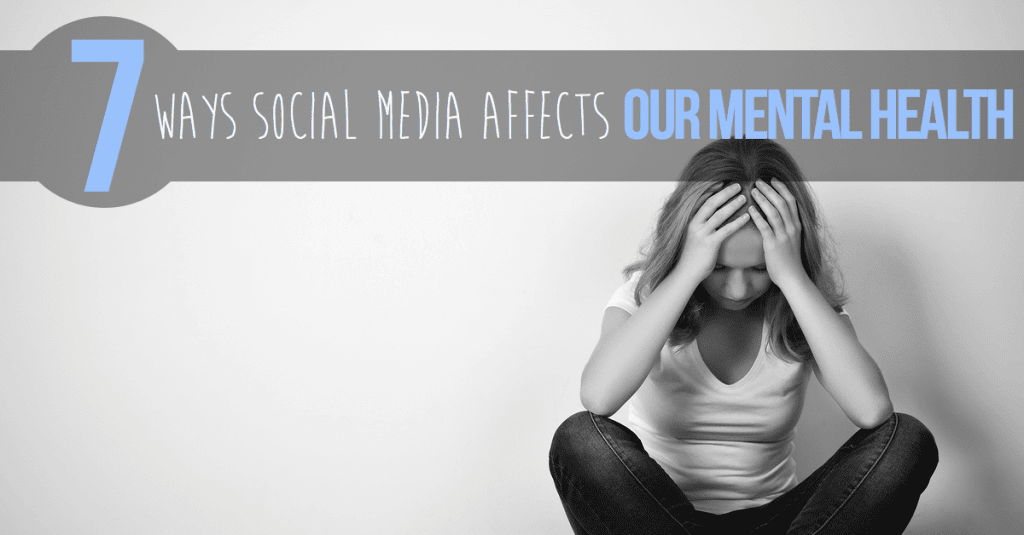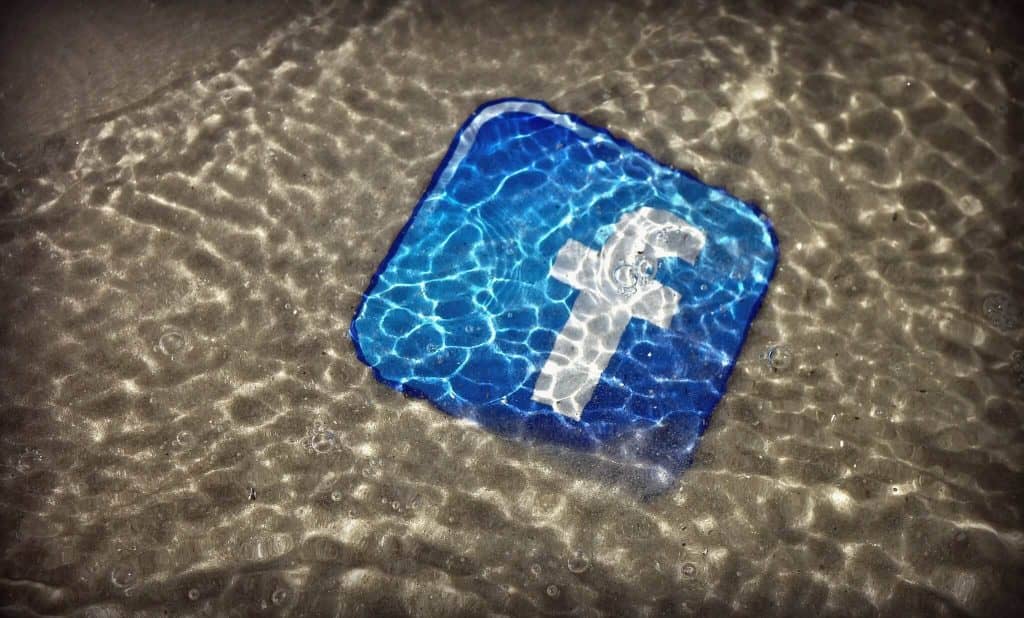7 Ways Social Media Affects Our Mental Health
Ever increasing use of social media for personal and official communication has raised a lot of concern about its impact on our health. So we will be looking at some positive and negative aspects of using social media under the topic: Social media: How does it really affect our mental health?
Social Media: How does it really affect our mental health positively?
Quicker Access to Knowledge
Social media provides faster access to information and details that may take you weeks or months to research and discover by yourself. This works for both personal and professional research. For instance, if you need first-hand information about the performance of a particular acne treatment, you can post a question about it and you will receive several sincere responses from people who have used the product within a few hours. Many times this is better than reading customer reviews which are have been solicited by product manufacturers.

Encouragement to Overcome Depression
Social media can help you come out and stay out of depression. You can receive comforting words and inspiring anecdotes from your friends and fans everyday. And this will reduce the impact of the isolation and stigma associated with mental illness. In addition to the massive social networks like Facebook, several other patient advocacy websites like Mental Health Tribe, WeGoHealth and Patients Like Me are very helpful. They enable people who are battling with a particular mental condition to communicate with others with similar challenges. Through these media, people can learn better treatment protocols, develop coping skills, and feel less ashamed.
A Boost to Mental Development
Participating actively on social media can actually improve certain cognitive processes and boost your brain power. Writing positive posts and finding ways to help other users will make you seek for relevant knowledge, do some brainstorming and deeper research. For instance, if you interact with people in your field or profession on the LinkedIn network, you will be stimulated to learn more about the latest advances in your field. And this will lead to faster career advancement.
Social Media: How does it really affect our mental health negatively?
Loss of Productivity
Although social media allows us to stay connected to millions of people 24 hours a day, it also causes constant mental diversion and lowers productivity. The desire to stay in touch and get the latest updates can put a lot of pressure on the brain and make it more difficult to focus on a single task. Obviously, you cannot work effectively while you watch a YouTube video or catch the latest news from a live Twitter feed. This can put the accuracy and quality of your work at a high risk. It could also divert the mental energy you should use for your main job to trivial issues.

Reduced Self Esteem
Reading other peoples attractive social media profiles can create a depressing feeling of inadequacy. And this can eventually lead to low self esteem. For instance, when you get on Facebook and you see several announcements of marriages, new births, vacations, and news about those who won the lottery, you could become overwhelmed and start feeling sad if you try to measure yourself and your achievements by what you read. Remember that some people exaggerate to attract attention. Do not be deceived by the idealistic impression that you see on other people’s social media profiles.
Addiction and Fear of Missing Out
The unending beeps and the strong urge to check your mobile device for a new post or reply can lead to certain unhealthy changes in the brain. Studies have suggested that technology abuse can trigger the addiction oriented sections of our brains. For instance, the fear of missing out on the latest gist can make social media users to become glued to their smartphones because they don’t want to miss an “important” concert, party or outing.
Reduced Physical Activity
Spending most of your leisure time on social media can make you become more inactive and susceptible to many health risks. Sitting down for long hours reduces blood flow to the brain. So you need to control your use of social media so you can get regular physical exercise and improve your mental health. Although, most of us tend to catch on the latest social media gist after work, you need to apply certain safeguards to reduce the adverse effects of this practice. A good rule of thumb is to set an alarm to ring after every thirty minutes so you can get up, move around, and stretch your body to improve blood circulation.

